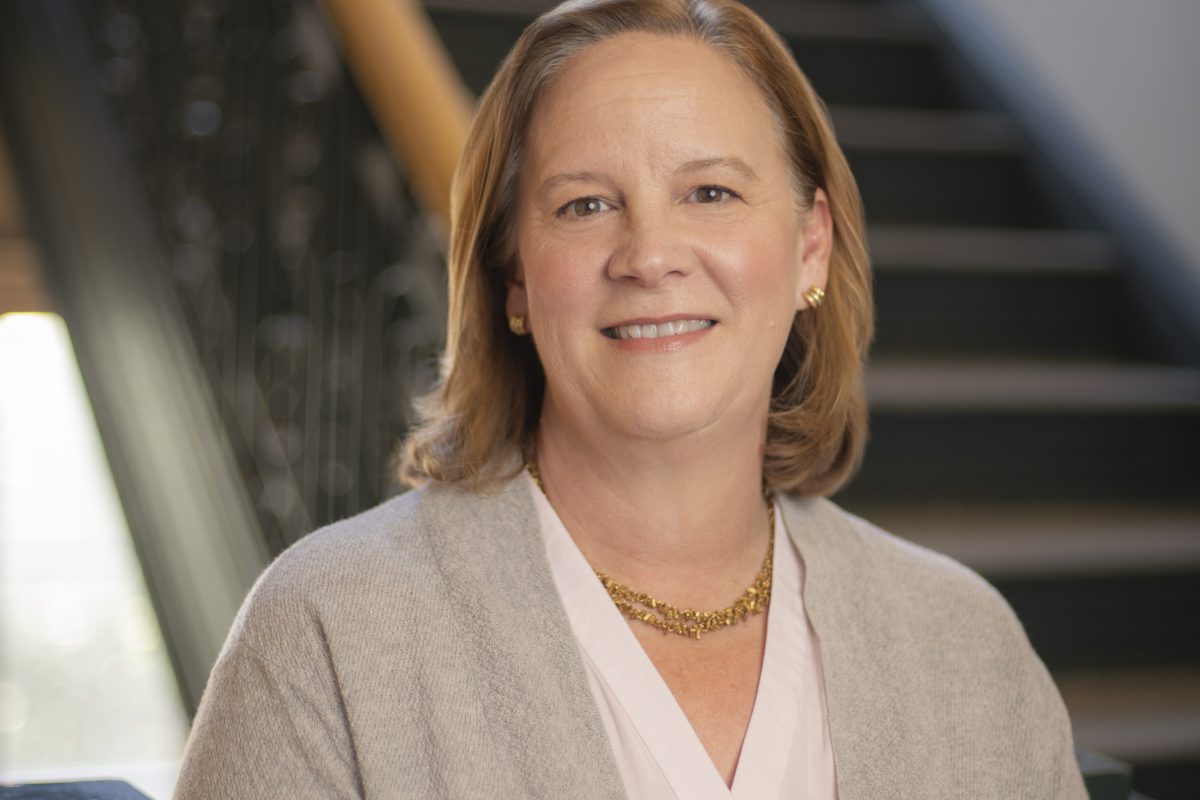I had the good fortune at the beginning of this academic year to host a lunchtime panel for a small group of our new students. The topic was “Civil Disagreement: The Art of Disagreeing with your Professors and Classmates,” and it featured two of the college’s best and most thoughtful teachers, history professor Leonard Moore and anthropology professor Pauline Strong.
I wasn’t surprised that Leonard and Polly were compelling. Both of them have been teaching, and thinking about teaching, for decades. They are experts on the specific challenges and rewards of creating classroom spaces where students are able to vigorously disagree with each other and with their professors, while discussing fraught topics, without worrying that they’ll pay a social or academic cost.
What surprised me, though, was the students. They were more comfortable, and more candid, than I expected.
They were audibly frustrated by how tough it is to be opinionated in public right now, especially if you’re not sure that your opinions are shared by most of the group, or if you know that they aren’t. Say the “wrong” thing in class, and within minutes one of your classmates might be tweeting about it. I could hear the impatience in their voices as they talked about these dynamics. I could also hear their eagerness to be members of an intellectual community in which vigorous discussion isn’t just tolerated but is encouraged.
It was incredibly heartening. There are always challenges to open dialogue. It is always hard, as a young person, to stumble toward who you are, how to be, and what to believe. What makes the difference in a university setting are two things. One is having people like Leonard and Polly around to model for students how be an engaged and outspoken member of the community. The other is that the young people themselves come to college with the desire to learn and grow and speak.
As Dean of the College of Liberal Arts, I can’t wave a magic wand and make our teachers charismatic and our students passionately curious. Fortunately, I don’t have to. They’re already that. What I can do is help nurture the conditions that allow them to flourish. The stories in each issue of Life & Letters are evidence of both sides of that equation. We have extraordinary people, and we are working to create such conditions. I hope the magazine is a reminder, as well, of your own experience as a member of a community whose purpose is the discovery of new knowledge, the passionate engagement with ideas, and civil but enthusiastic disagreement.
All the best,

Ann Huff Stevens
Dean, College of Liberal Arts
David Bruton Jr. Regents Chair in Liberal Arts
